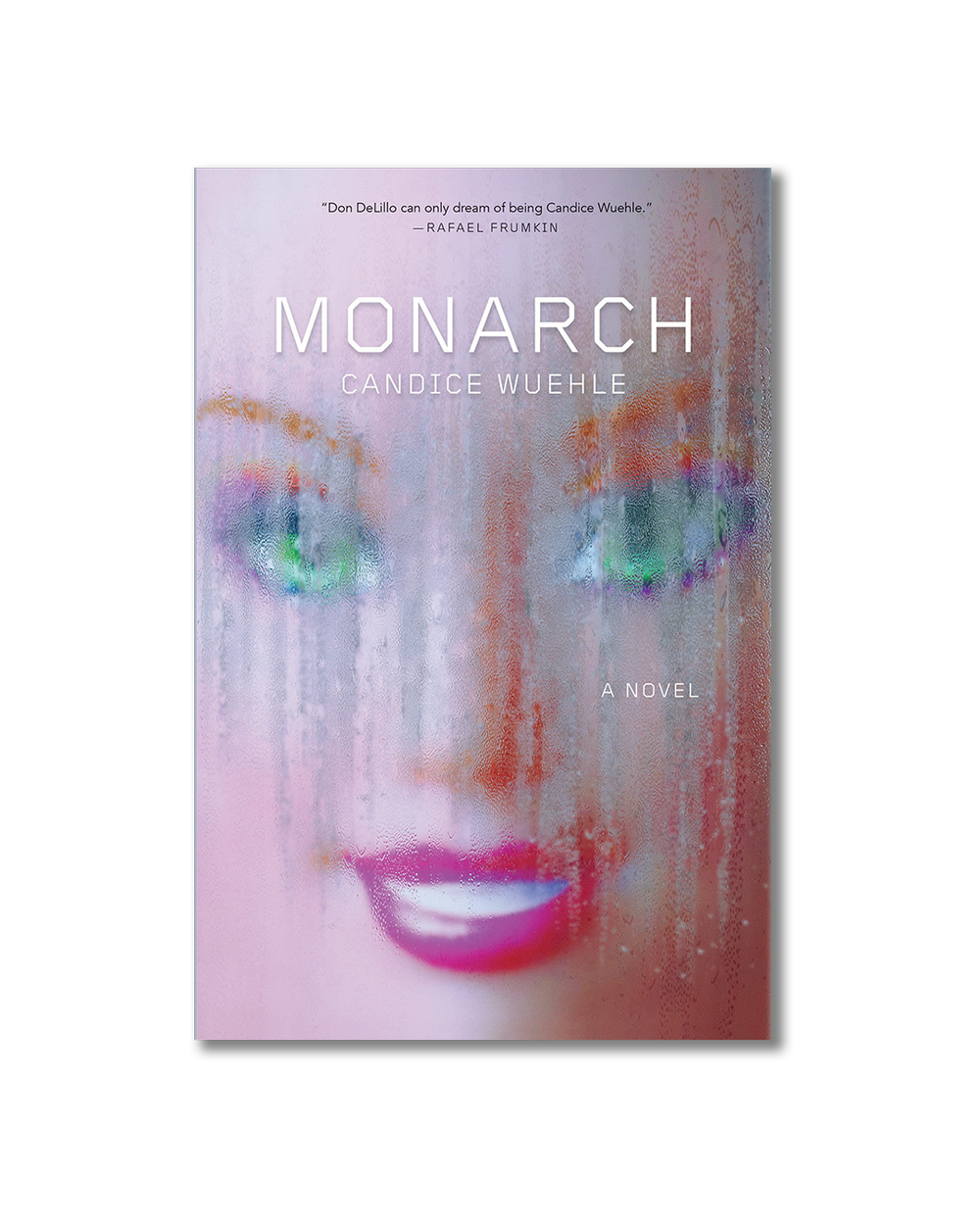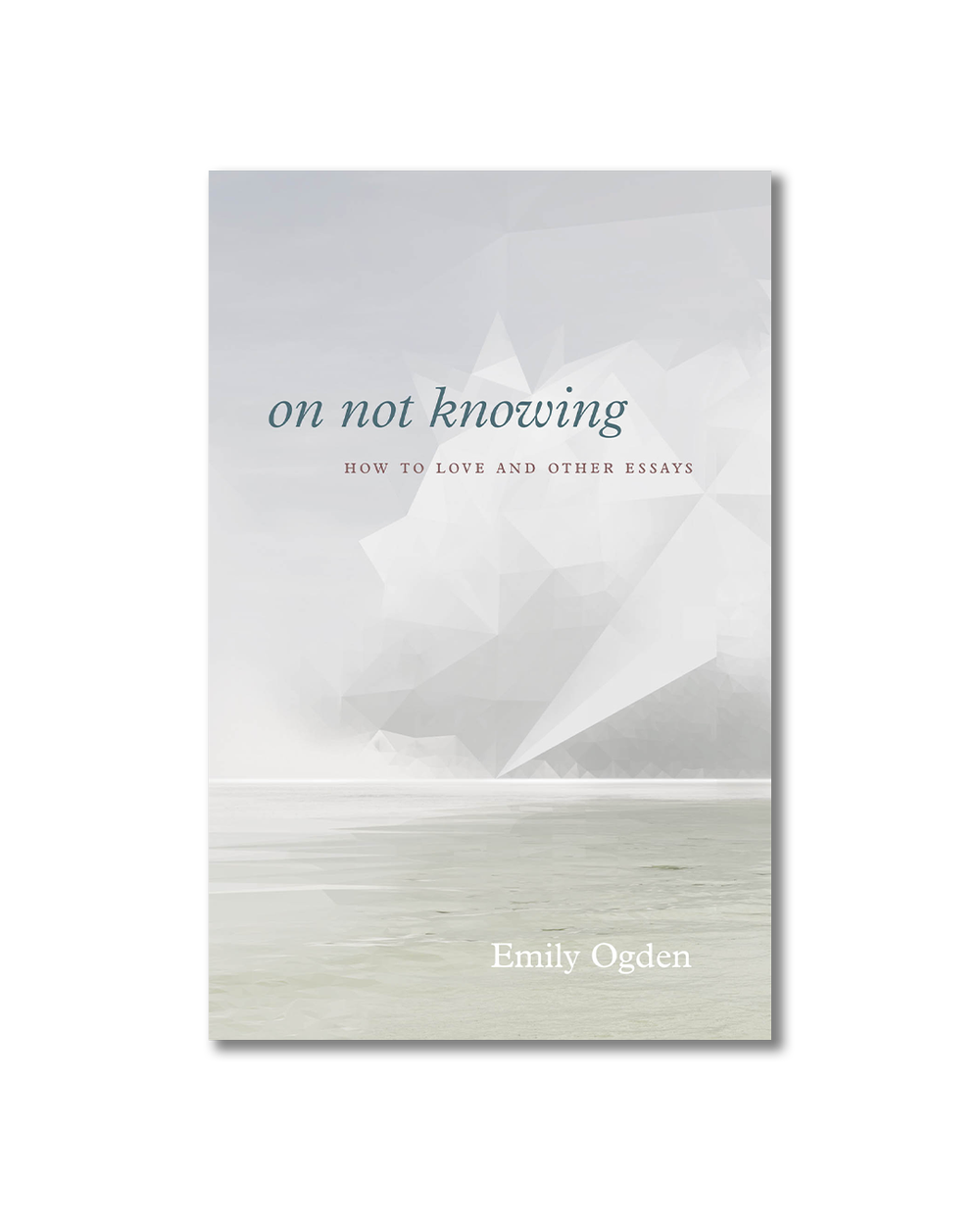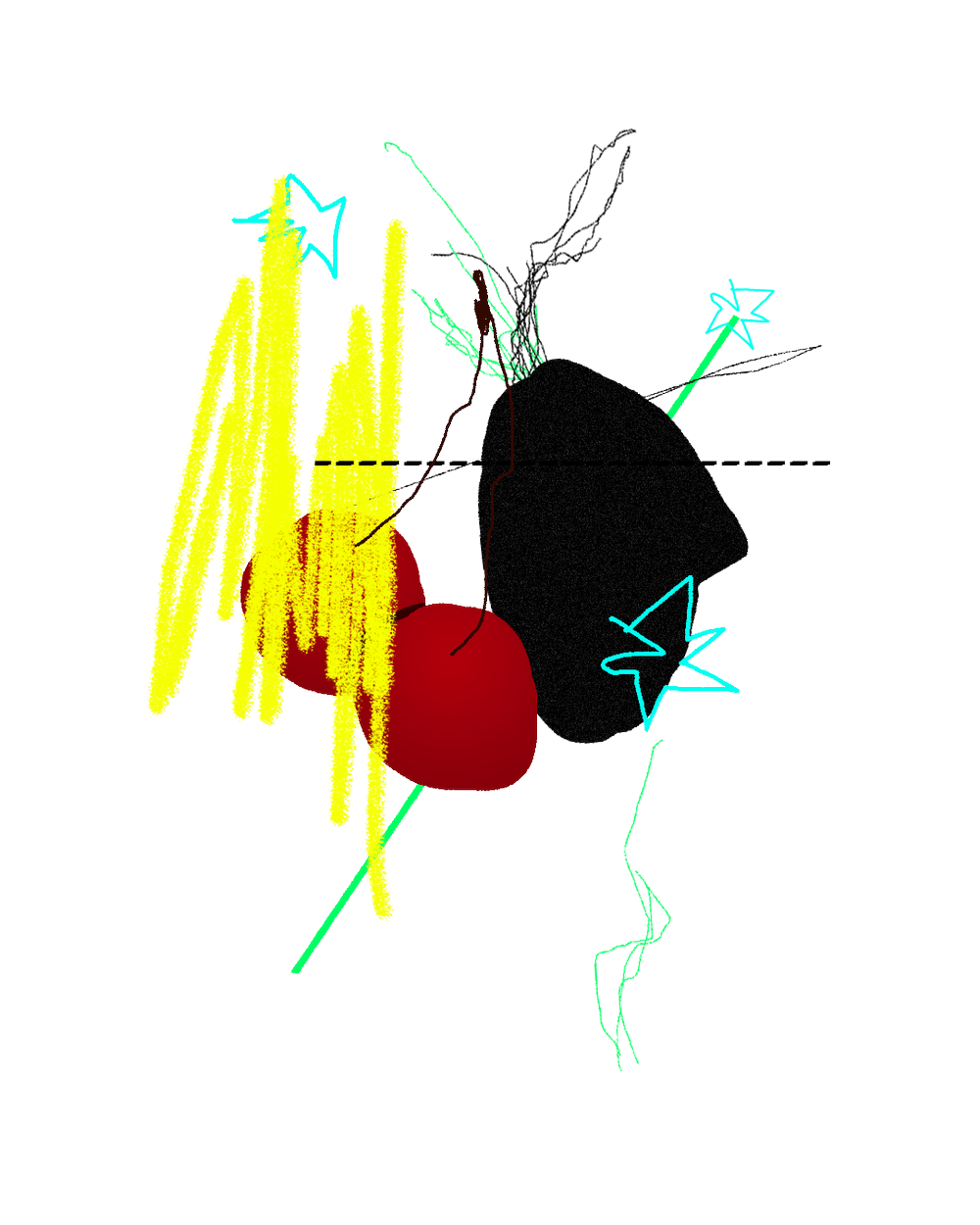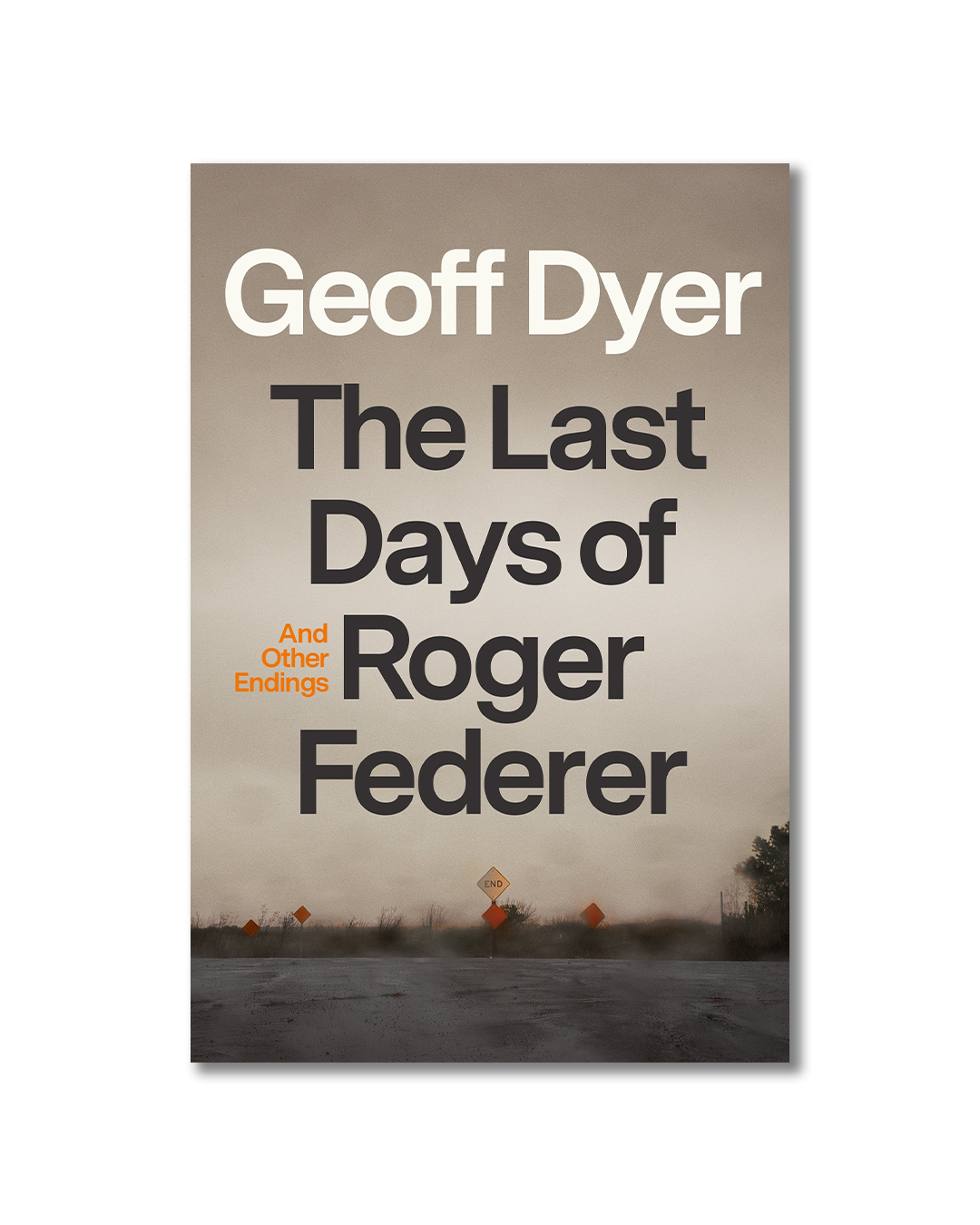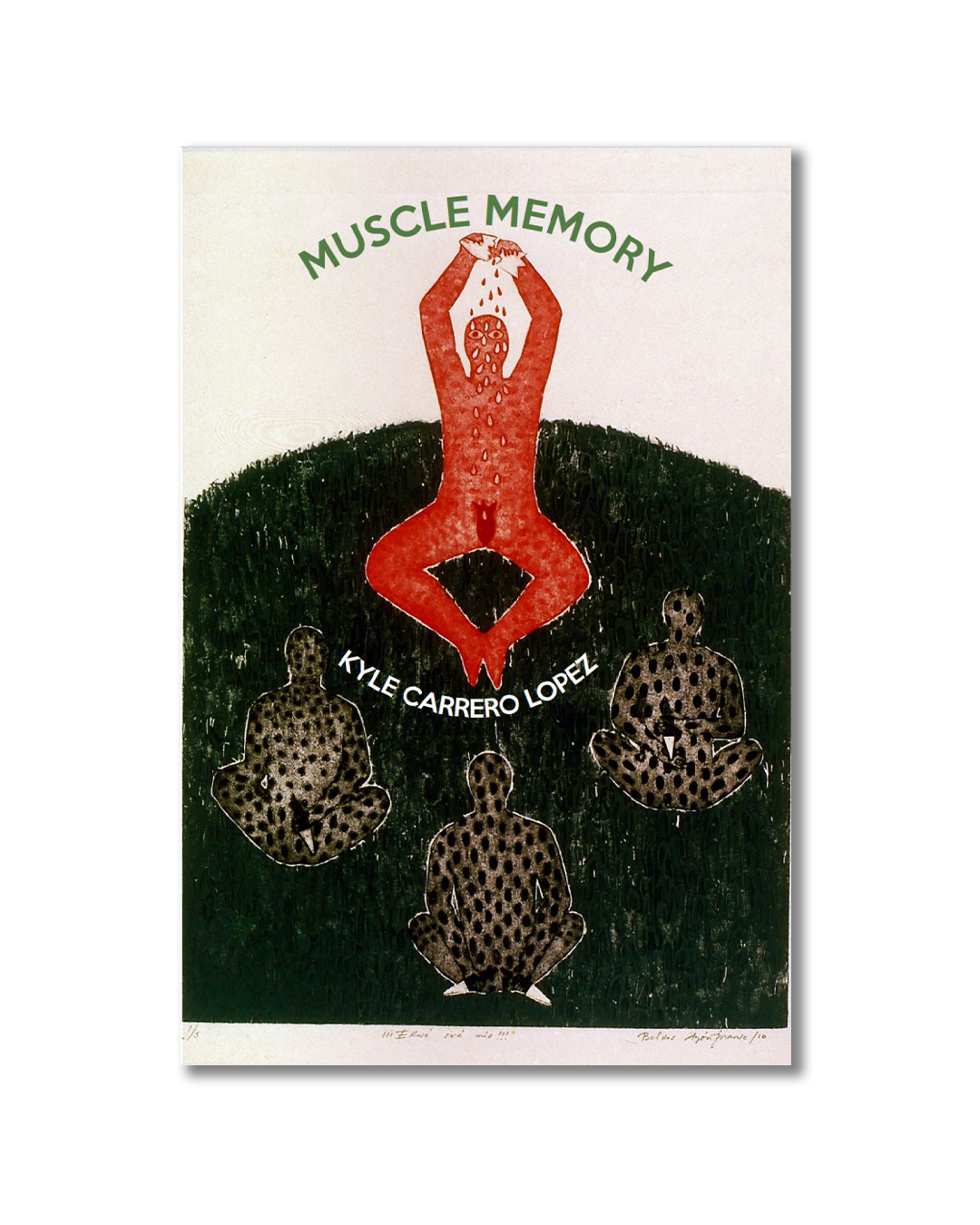My Life… My Life…: On Nabil Ayers’ “My Life in the Sunshine”
The lasting impression has not so much to do with what was passed down but with what was obscured.
Sick History: On Kate Zambreno’s “To Write as if Already Dead”
There are differences, complications, but at their core, these viruses are simply showing us, over and over, what needs to change.
Elite Escape: On Raymond B. Craib’s “Adventure Capitalism”
Official remedies for the present polycrisis are often couched in market principles. In excavating the troubled history of libertarian exit, though, we can at least better understand what we are up against.
Being the Light for Another: On Mieko Kawakami’s “All the Lovers In the Night”
Kawakami reiterates that women can lead a fulfilling life and make fulfilling choices absent of a romantic partner.
Dharma Drama: On Emmanuel Carrère’s “Yoga”
Contrary to no one’s expectations, Emmanuel Carrère has written another book about himself. If you’re just being introduced, this is his fourth or fifth.
How to Kick Down the Door: On Aaron Burch’s “Year of the Buffalo”
The boundaries between what’s true, what’s imagined, and what’s cocreated are as disorienting and disquieting as a buffalo in the living room.
A Study in Genre: On Andrea Gadberry’s “Cartesian Poetics”
Descartes has long been typecast as the writer of radical separation of mind and body, of rationality above all else—even his contemporaries declared him the murderer of poetry.
The Good, The Bad, & The Letter: On John Keene’s “Punks”
Any definition claims us, and if we define ourselves in turn we accept the claim, project it. A punk does not say, I am a punk, but exists as one.
Id of the American Unconscious: Lynching and Mob Violence in Ohio, 1772-1938
Donald Trump, who won Ohio handily in both 2016 and 2020, tapped into a primal element of the American spirit.
On Masks: With Candice Wuehle’s “Monarch”
Every day, a new uncovering. People, places, and ideas are revealed to no longer be what they’d seemed to be.
A Work of Love: On Emily Ogden's "On Not Knowing"
Defenses of liberal arts education seem a dime a dozen these days.
Fourth Installation: On Rachel Mannheimer's "Earth Room"
At the Earth Room exhibit—Walter De Maria’s interior earth sculpture made from 250 cubic yards of dirt and 3,600 square feet of floor space—no photos are allowed, admission is free, food and drink should be nowhere near the gallery.
Graphic Scores: The Chapbooks of The Offending Adam
In terms of words that slice two ways, “graphic” is distinct.
Interrupting the Monologue: On Nicholas Stump's "Remaking Appalachia"
A sacrifice zone is a wasted place, or a place deemed worth wasting.
Childhood Reclaimed: On Hilary Mantel’s "Learning to Talk"
You remember a fragment of childhood horror. You’re on the day camp bus, and your seatmate decides to punch you, hard, in the thigh.
Ways of Ending: On Geoff Dyer's "The Last Days of Roger Federer"
Early departures, surprise comebacks, protracted witherings, late holdings-on: all different ways of ending things.
Banned in Belarus: On Alhierd Baharevich's "Dogs of Europe"
Baharevich’s creation is mostly known, if at all, to anglophone audiences through its play-adaptation, which is quite a shame.
The Notion of Distance: On Shangyang Fang's "Burying the Mountain"
“It’s Fang’s struggle to give form to his own unsettledness that imbues his poems with their relentless pathos, sensuality, and elegance.”
Departing from the Standard Solo: On Brenda Miller and Julie Marie Wade’s “Telephone”
This book, then, is a challenge to the status quo, and its lyrical diptychs prove the collaborative enterprise to be a success.
The Rough Edges of Identity: On Kyle Carrero Lopez's "Muscle Memory"
Sometimes the interesting stuff happens at the edges, where categories bump and scrape against each other.










